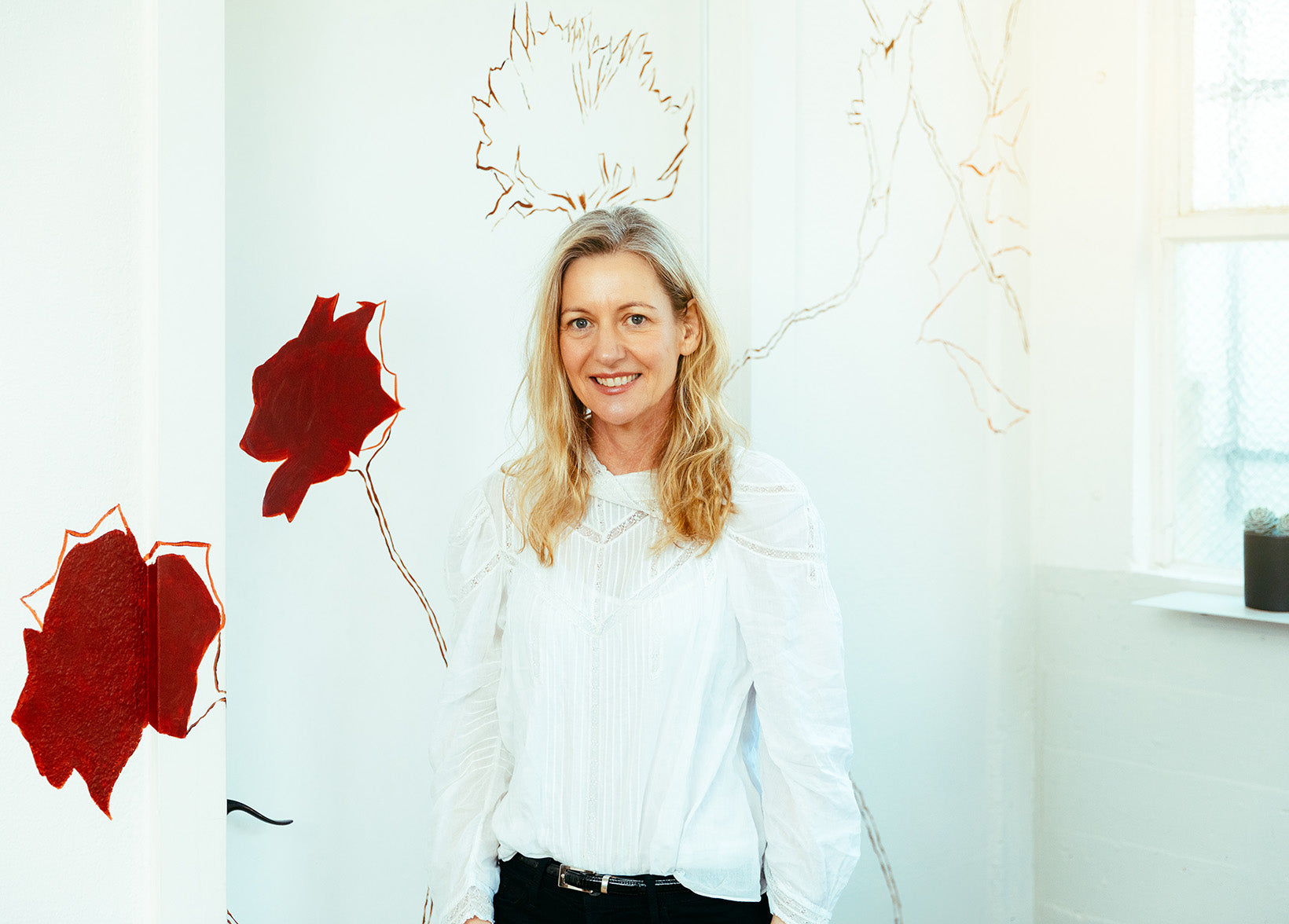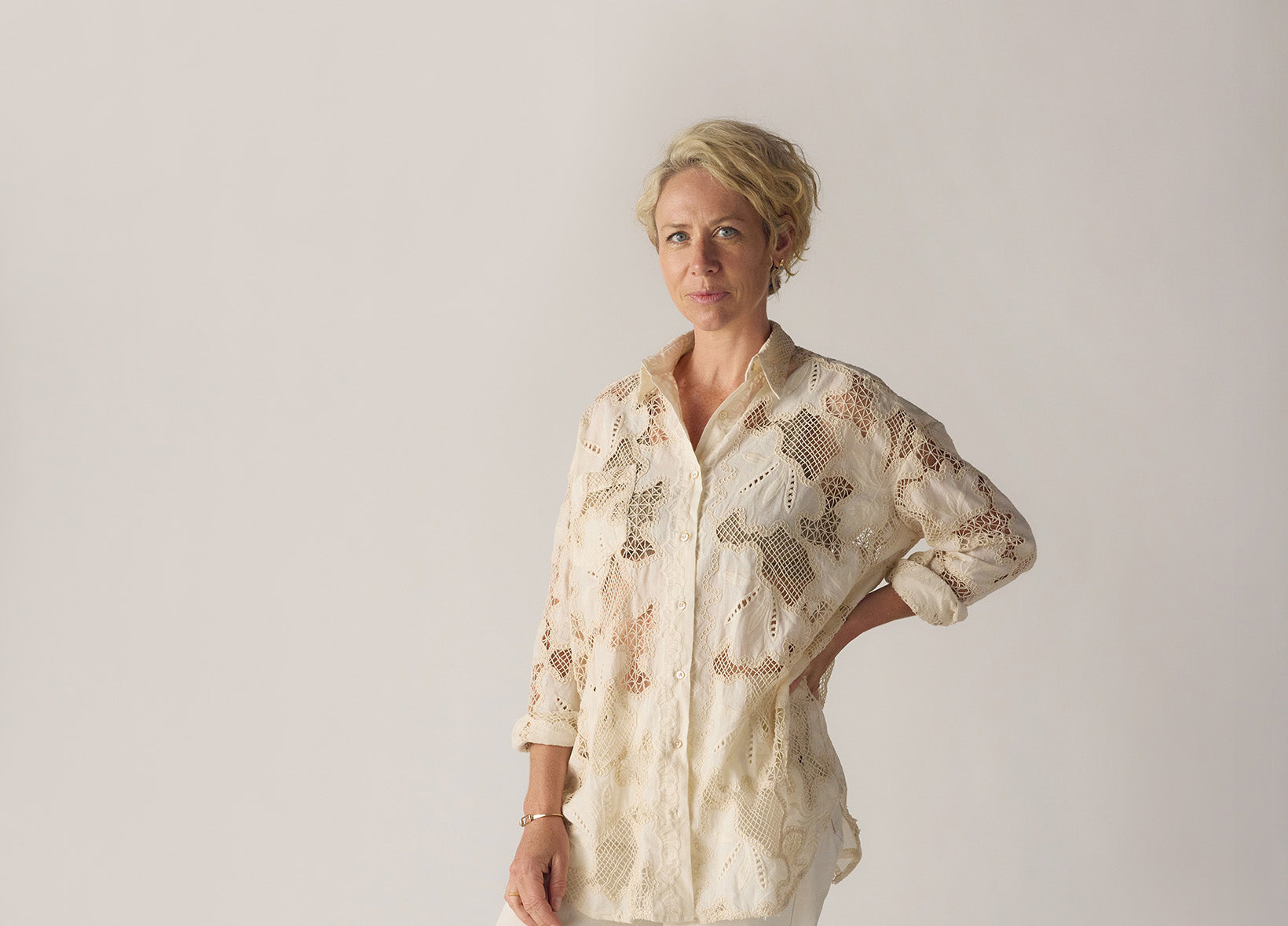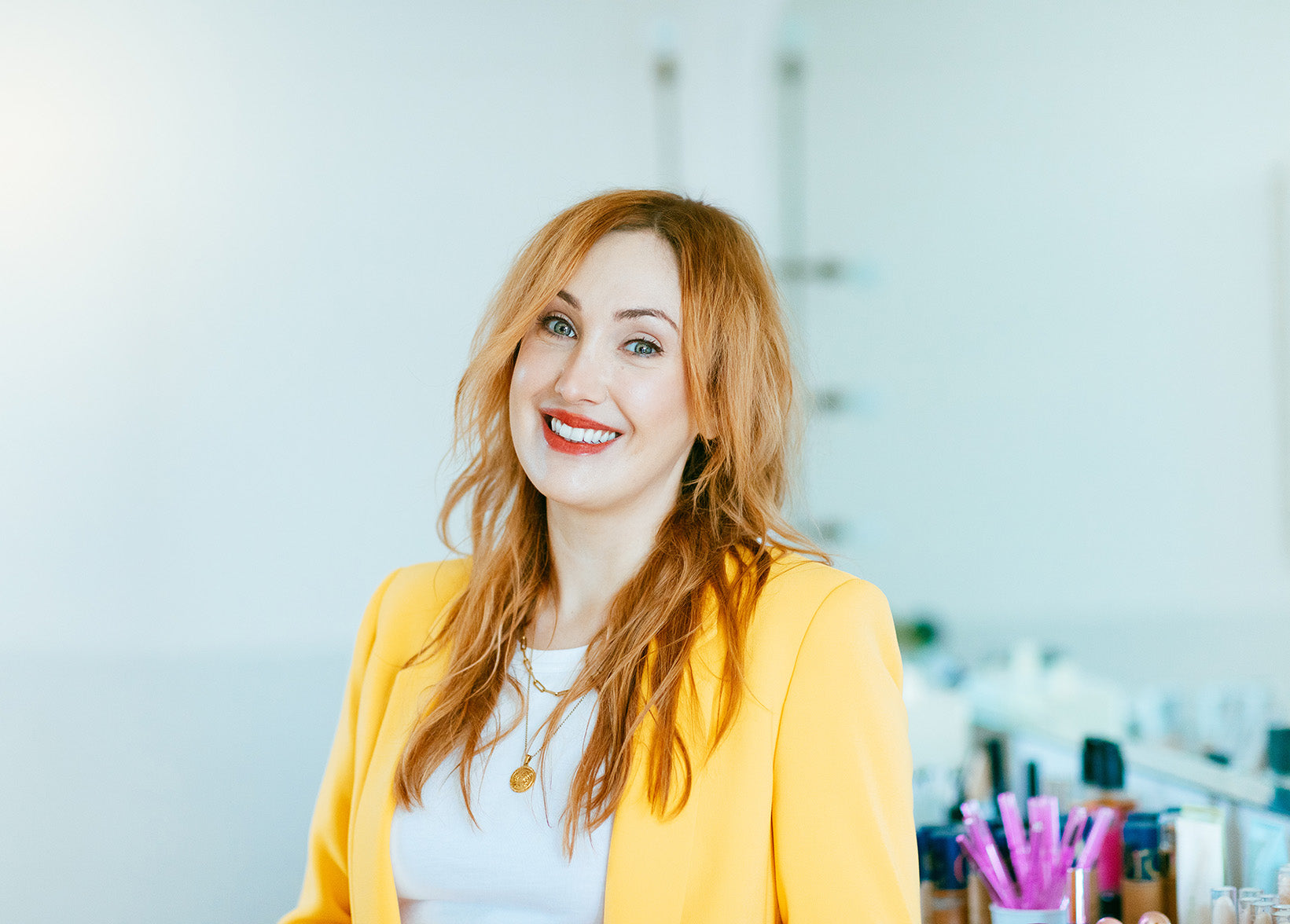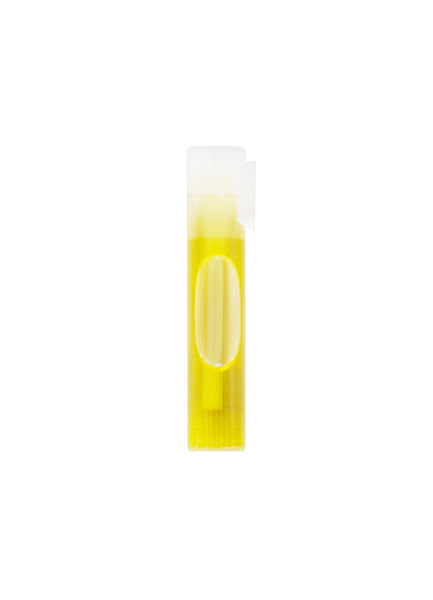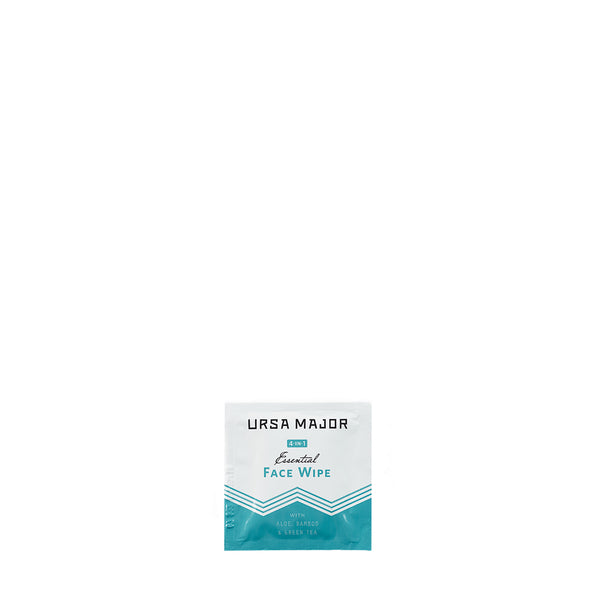Recent Articles
By Alexandra Tanner, PhD

We’re big believers in breath work; so is the team at de Mamiel, which incorporates it into their product application instructions. But why does it work so well?
For another perspective, we asked the team of psychologists at Therapy Lab, a practice that offers science-based teletherapy: you may remember them from these popular posts about mental health and self-care and self-esteem and confidence.
Their team member, Dr. Alex Tanner, sent us this excellent explanation, along with an example of another simple breathing exercise we love.
***
When it comes to self-care strategies, breathing is one of the simplest and most effective techniques for managing stress.
When we experience stress – whether it’s about an upcoming deadline, an argument with a family member or friend, or thinking about the pandemic or uncertainty about the future – our bodies automatically initiate our biological stress response. This stress response is the reason we feel sensations in our bodies (such as racing heart, hyperventilating, sweating, dizziness or upset stomach) when we are anxious.
When our bodies become anxious, our minds follow suit and our thoughts start to race. And the more anxious our minds get, the stronger our biological stress response gets, leaving us caught in a vicious cycle.
Of all the bodily systems that get activated by our stress response, our breath is the only one we have conscious control over. Learning to notice our breathing and slow it down can do wonders for grounding us to the present moment and calming our bodies and minds.
If you’re just starting out with breath work, we recommend the Box Technique. With the Box Technique, you are practicing inhaling for 4 seconds – pausing for 4 seconds – exhaling for 4 seconds – and pausing for 4 seconds.
Spending even just a few minutes focusing solely on slowing down your breath can help you ease your body’s stress system, calm your thoughts, and re-engage in important and meaningful tasks. Give it a try and notice your stress begin to slip away.
- Alex Tanner, PhD
Any topic discussed in this article is not intended as medical advice. If you have a medical concern, please check with your doctor.

About Dr. Tanner: Alex is trained in evidence-based cognitive-behavioral and mindfulness-based therapies for mood, anxiety and trauma disorders, as well as emotion dysregulation, relationship conflict and postpartum depression and anxiety. Alex received her Bachelor of Arts in Psychological and Brain Sciences from Dartmouth College and both her Master of Arts and Doctor of Philosophy degrees in Clinical Psychology from the University of California, Los Angeles. Learn more about Alex’s background here.
PS If working with a therapist at Therapy Lab is something that interests you, we're delighted to tell you that their team has offered all of our customers $50 off your first session. Just mention Ayla when you book. Therapy Lab currently serves residents of California, Washington, Texas, and Massachusetts from the comfort of home.

